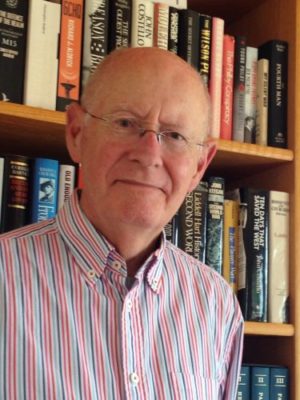By John Harker
The year 2021 has been a trial for much of Humanity, which has confronted both the Covid-19 Pandemic and the harsh impact of Climate Change.
On a personal level, I have spent the year working from home, not in travel by airline, but interacting via zoom, or Skype. It never used to be like this! In earlier years, I traveled widely.
In 2010, I paid my first visit to Abu Dhabi. I was accompanying the premier of my Canadian Province, Nova Scotia, on a “trade mission” to the region. We two were privileged to meet with the executive of ADNOC [Abu Dhabi National Oil Company], the national oil and gas giant.
I well remember one particular interaction. The CEO told us that the company now met all appropriate international standards, for the industry and for responsible companies.
In response, I offered the hope that before too long, ADNOC would not only meet international standards but would play a key role in developing the standards. To me, developing standards, meeting them, and imagining more and better, this is the core of innovation, whatever the industry, oil and gas, solar energy, or wind power. And Innovation can be “social” as much as it can be “technological.”








